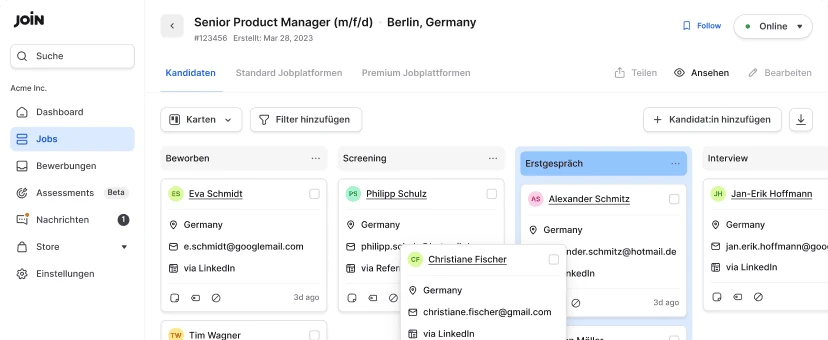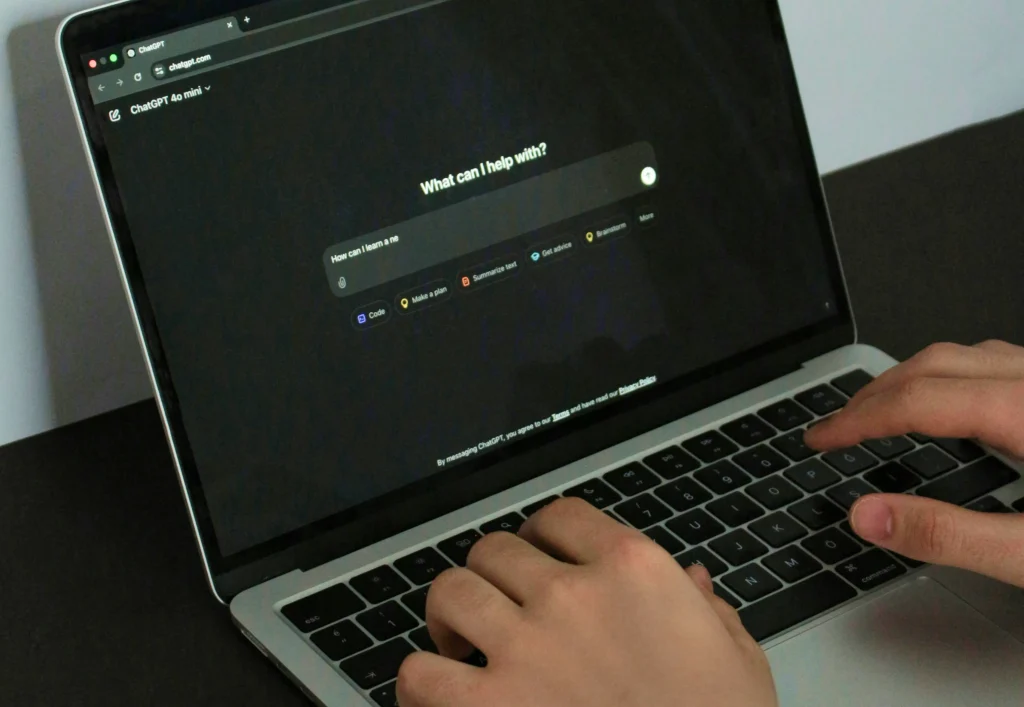Best interview questions for your hiring process
Mechanical Engineer Interview questions
Mechanical Engineers help to bring your company’s designs and plans to life. Whether they’re creating new systems, tools or equipment from scratch or patching up and enhancing existing products. They’re the individuals who make your ideas a reality.
These are the skills a Mechanical Engineer should have:
• Ability to research and input into project design plans.
• Skilled with mechanical tools and machinery.
• Excellent knowledge of safety processes and practices.
• Ability to use design software.
• Attention to detail and problem-solving skills.
Interviewing a Mechanical Engineer
A Mechanical Engineer has input into many aspects of your company’s processes, from ideation and design to bringing your products into reality. Therefore, you need to ensure you’re hiring someone who is up for this challenging workload.
So, we’ve put together a list of questions to be used at the start of their interview process. This makes it easy for you to decide whether to move forward with them to the next stages.
Since these questions are for use early on in the interview process, they are a little general. For later-stage interviews, more specific business questions may be needed.
How to open the job interview
Making your Mechanical Engineer unnecessarily nervous before the interview is a sure-fire way to shoot yourself in the foot. A nervous candidate can’t give their best answers or let their personality shine through.
Instead, you should try to put your candidate at ease and allow for a naturally flowing conversation. This can be done by opening the interview with some friendly, easier questions.
Best interview questions for your hiring process
See our Mechanical Engineer job description hereFor the interview
A positive opener to start
How did you decide on a career in Mechanical Engineering?
What is your favourite project to have worked on?
Behavioral Questions
What is the most recent Mechanical Engineering convention, training or workshop you have attended?
What type of working environment do you perform your best work in?
This will give you an idea of how well a candidate fits into your environment. If their answer lines up with your workplace, great! Or, if they mention adaptability, that is a great sign too.
What is a project or product you’ve seen recently that inspires your own engineering work?
Knowing your candidate can check out the competition and bring ideas back to their own work is a huge bonus. This will also give you an idea of their passion for their projects.
When working with a difficult client or customer, how do you stay motivated?
Not every project will be easy. Having particularly picky clients can be difficult and occasionally impact a candidate’s attitude. Knowing they are resilient, confident in their work, and have the communication skills needed to resolve any issues is great in these situations.
Soft Skills
How do you translate difficult ideas or designs to less technical team members?
Mechanical Engineers will work closely with several stakeholders, both technically literate and not. Knowing they have the communication ability to work well and voice their ideas to both types of people is essential.
What skills do you think make you an ideal Mechanical Engineer?
This is a chance for the candidate to tell you the skills they are confident in and can bring to the table. Here, you may find both hard and soft skills.
If you noticed a mistake in your engineering work, how would you proceed?
Attention to detail and rapid problem-solving skills are essential in this role. Knowing your candidate can act quickly to minimise disruption and fix their problem is essential. They should be able to mention learning from this mistake, too.
If a team member made a suggestion to your engineering work, which you did not agree with, what would your response be?
Team working ability is a valuable skill for such a versatile role. Knowing your candidate could take the suggestion on board and reject it in a friendly, professional manner is crucial. They should mention using their expert knowledge to politely decline their suggestion, with examples of why it may not work.
Hard Skills
What engineering design systems are you most comfortable using?
This question is excellent for assessing how much onboarding a candidate will need for your process, as well as their level of experience. You can also get an idea of whether they’ll bring new skills to your team.
Do you have experience assisting with feasibility studies?
In some companies, Mechanical Engineers will assist other roles, such as Design Engineers, with feasibility studies. It is good to know whether this is a skill your candidate has.
Which tools and equipment are you most experienced with in terms of the production stage of a project?
Again, this answer will assess a candidate’s compatibility with your current work practices and an idea of what they will need onboarding with.
What is the largest project you have worked on? How did you adjust to this scale?
Getting an idea of your candidate’s experience in terms of project scales will help you to further imagine their compatibility with your business. Clearly, larger projects will also require more organisation and motivation than smaller ones. Therefore, knowing what techniques a candidate uses to manage these is a good way of assessing their abilities here.
Have you undergone any safety training?
As safety is paramount in Mechanical Engineering, it is good to know whether your candidate is clued-up on this area.
Operational / Situational Questions
Imagine you notice a colleague making mistakes during the production phase of a project, what would you do?
Your candidate should be able to detail their process, from rapidly bringing up the issue to the team member (in order to minimise issues), to showing the colleague how to complete the task properly. They should also regularly check in to ensure the task is being completed correctly.
If you were to be offered the role of Mechanical Engineer in our company, what is the first thing you would do?
Here, you expect the candidate to mention researching customer profiles, current projects and ways of working. They should also become acquainted with direct stakeholders.
Imagine you weren’t happy with the way a project turned out, what would you do?
The candidate should walk you through any immediate changes they could make to the project, such as reinstalling certain parts. They should also detail how they would learn from this for future projects.
Imagine you are running behind on an engineering process, how do you proceed in order to meet deadlines?
Here, the candidate should reprioritise any non-urgent tasks and be able to ask for help from team members with a less hectic workload.

Start hiring and prepare your interview
All platforms are available for you to promote your job through JOIN.
Create job ad for free


Here, you’ll get an idea of whether a candidate keeps up to date with their industry. An ideal candidate will be constantly learning and bringing new skills back to the business, so knowing they are attending this type of event is a huge reassurance.